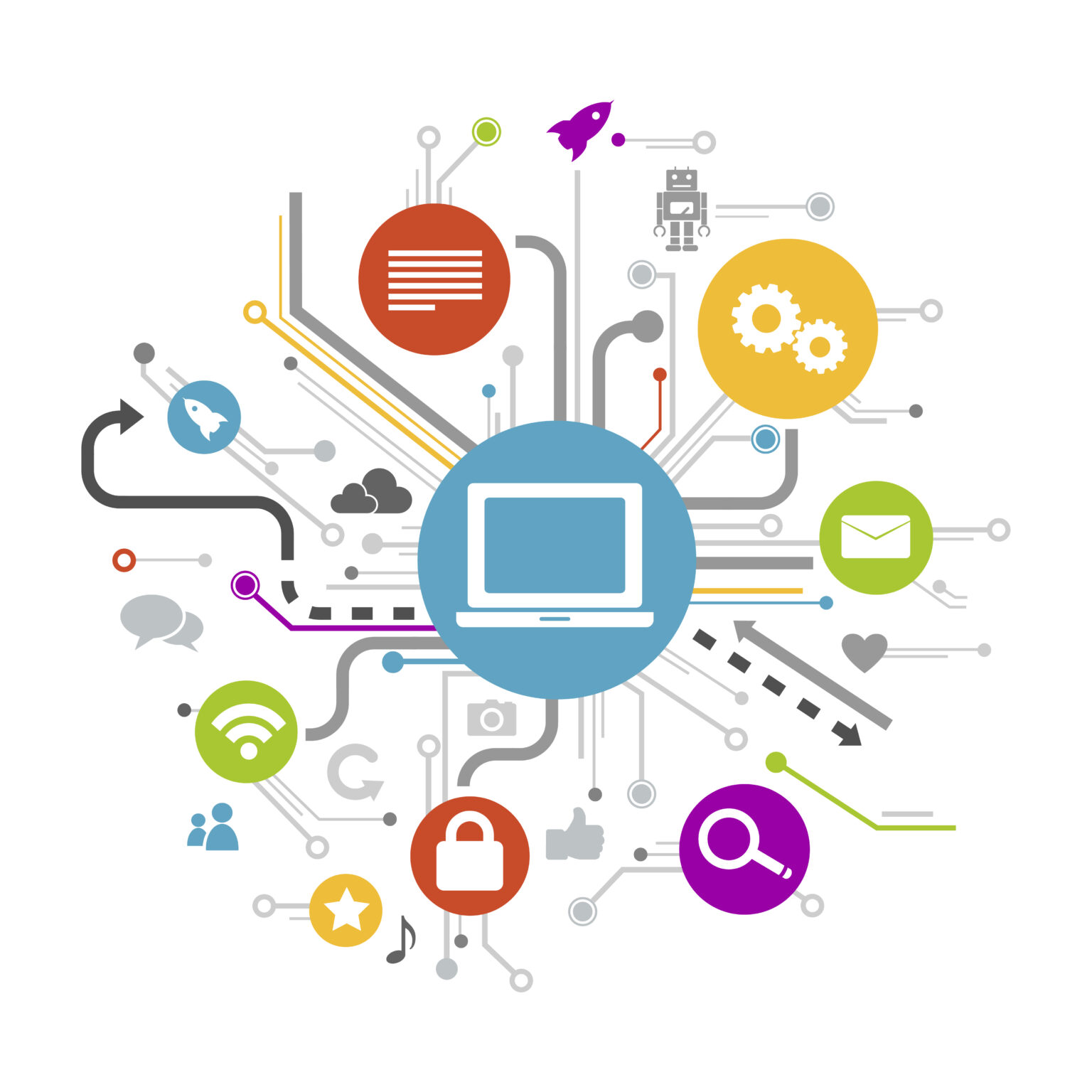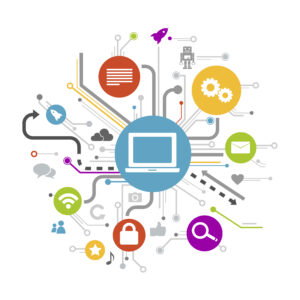
by Open AI ChatGPT
January 2, 2024
In recent years, the landscape of behavioral health support has undergone a significant transformation with the integration of technology into peer support programs. As society grapples with the challenges of mental health and well-being, technology has emerged as a powerful ally in fostering connection, empathy, and understanding among individuals facing behavioral health issues. This essay explores the multifaceted use of technology in peer support for behavioral health, examining its impact on accessibility, anonymity, community-building, and the overall effectiveness of mental health interventions.
One of the primary advantages of incorporating technology into peer support for behavioral health is the enhanced accessibility it provides. Geographical barriers are dismantled, and individuals from diverse backgrounds can access support from the comfort of their homes. Online platforms, mobile applications, and virtual support groups enable people to connect with peers, mentors, or mental health professionals regardless of their physical location. This expanded reach ensures that individuals in remote or underserved areas have access to the support they need, reducing disparities in mental health care.
Technology has the power to mitigate the stigma associated with seeking help for behavioral health issues. Many individuals hesitate to engage in traditional face-to-face support due to fear of judgment or societal stigma. Online platforms and chat-based support systems allow users to maintain a degree of anonymity, creating a safe space for sharing experiences and seeking advice without the fear of being identified. This increased privacy can be a crucial factor in encouraging those who might otherwise avoid seeking help to actively participate in peer support programs.
The immediacy of technology enables real-time support and crisis intervention, providing a lifeline for individuals in distress. Crisis helplines, text-based support services, and instant messaging platforms offer an avenue for immediate connection with trained peers or professionals. In situations where time is of the essence, such technology-driven interventions can play a pivotal role in preventing crises and offering timely assistance to those in need.
 Technology facilitates the creation of virtual communities where individuals can connect with others facing similar challenges. Online forums, social media groups, and dedicated platforms for behavioral health support foster a sense of community and belonging. Through shared experiences, individuals can gain insights into coping strategies, receive encouragement, and find solace in knowing they are not alone in their struggles. The community-building aspect of technology in peer support strengthens the bonds among participants, creating a supportive environment conducive to healing.
Technology facilitates the creation of virtual communities where individuals can connect with others facing similar challenges. Online forums, social media groups, and dedicated platforms for behavioral health support foster a sense of community and belonging. Through shared experiences, individuals can gain insights into coping strategies, receive encouragement, and find solace in knowing they are not alone in their struggles. The community-building aspect of technology in peer support strengthens the bonds among participants, creating a supportive environment conducive to healing.
Technology allows for the continuous monitoring of behavioral health indicators, providing valuable insights into an individual's well-being over time. Wearable devices, mobile applications, and online platforms can track various metrics such as sleep patterns, activity levels, and mood fluctuations. This data can be utilized to identify potential warning signs, enabling timely intervention and support. Additionally, feedback mechanisms within technology-driven peer support programs allow users to provide input on the effectiveness of interventions, contributing to ongoing improvements in the system.
Technology plays a vital role in the training and skill development of peer support providers. Online training modules, webinars, and virtual workshops empower individuals to acquire the necessary knowledge and skills to offer effective support. Technology facilitates the dissemination of evidence-based practices, ensuring that peer support providers are equipped with up-to-date information and tools to assist those in need.
The integration of technology into peer support for behavioral health represents a paradigm shift in how we approach mental health care. The accessibility, anonymity, real-time support, community-building, personalization, monitoring capabilities, and training opportunities provided by technology contribute to a more comprehensive and inclusive mental health support ecosystem. While technology is not a panacea, its thoughtful integration into peer support programs has the potential to break down barriers, reduce stigma, and enhance the overall well-being of individuals facing behavioral health challenges. As we continue to harness the power of technology, it is essential to prioritize ethical considerations, privacy safeguards, and ongoing research to ensure that these innovations align with the principles of empathy, compassion, and respect for individual autonomy in the realm of mental health support.

